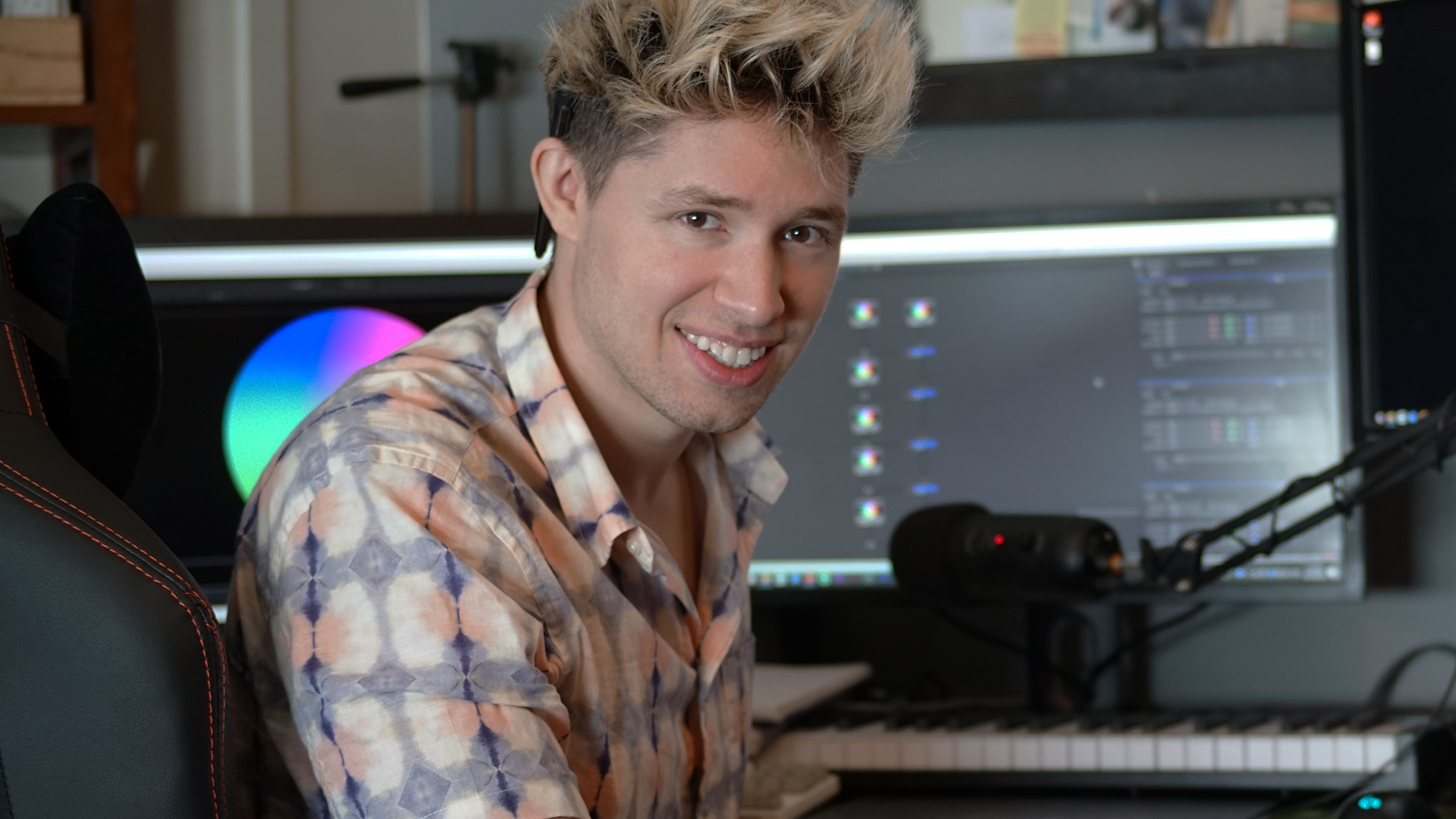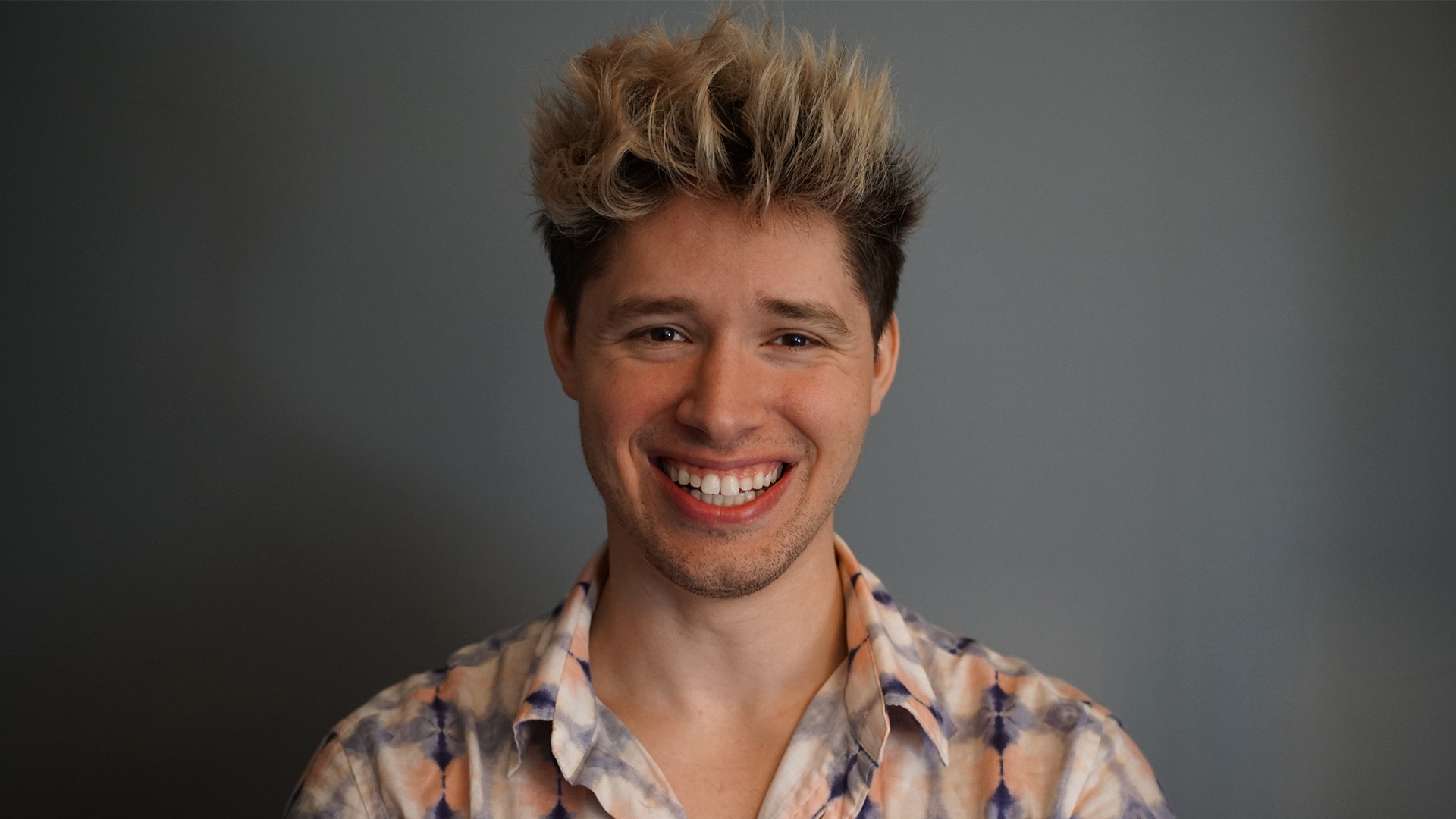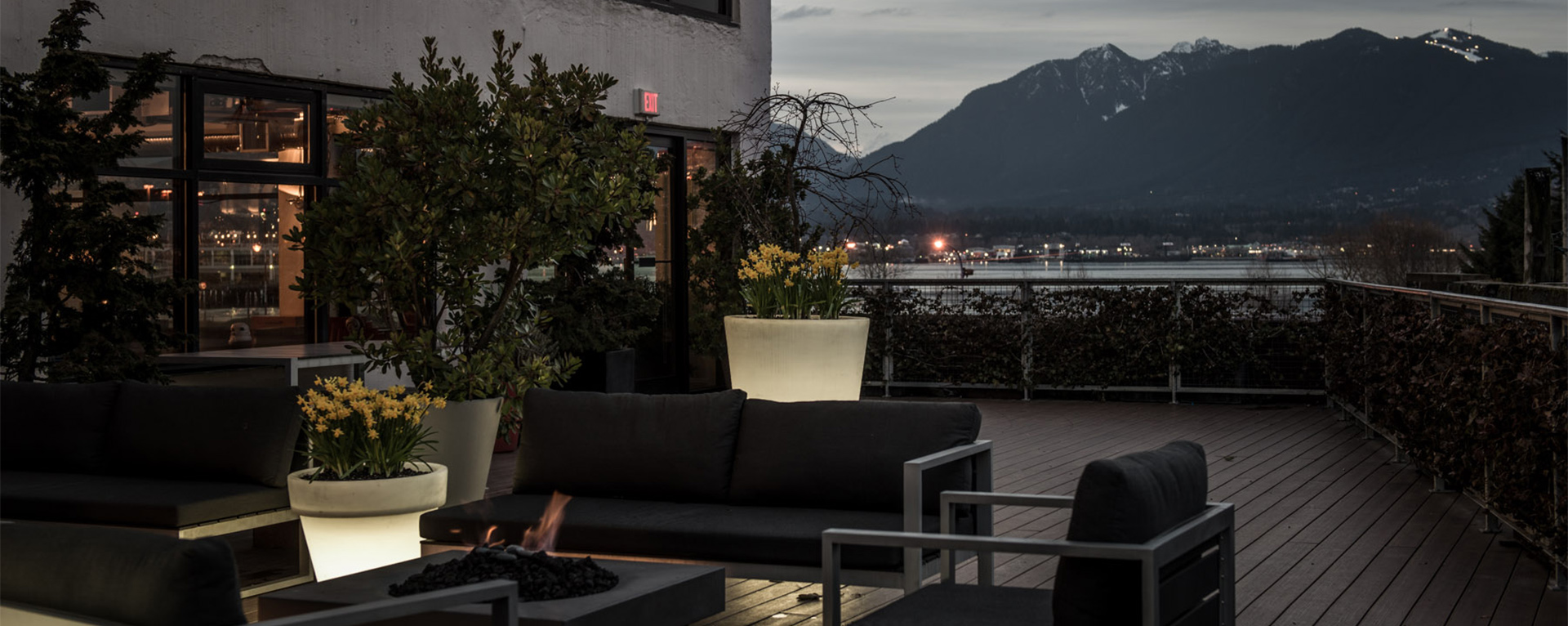Employee Spotlight: Cordell Briggs
Meet a Jr. Compositor from ILM’s Vancouver Studio
Can you describe your role and summarize a bit of your day-to-day responsibilities?
I work in the compositing department as a junior compositor. While I’m on a show, my day-to-day responsibilities range from shot-finishing to the occasional look development [known as look dev], which might look like keying a bluescreen or a greenscreen plate and then adding explosions behind the actor, or trying to figure out how to get a certain CG character to sit into the plate seamlessly. The range of responsibilities is kind of why I was so attracted to the role in the first place. I’ve been a little bit of a meanderer with my past career, so I like being able to have a different puzzle to solve every day.
How do you think your role ties in with the rest of your immediate team on a particular show?
So compositing sits at the tail end of a production. We’re responsible for taking all of the countless hours of hard work put in by the artists in the other departments and fitting it all together like a puzzle so that it ultimately looks like it’s been magically shot in camera on set. The compositing department works as a team, and we’re assigned shots in different sequences. Then, once we get those shots, the supervisors and leads are there to oversee the execution of the client’s final vision and to make sure everything’s above board.
Before coming to ILM, was there a particular moment or thing that inspired you to want to get involved in visual effects?
That’s a tough one. I kind of fell into visual effects. Like I said, I was a bit of a meander when it came to career paths. I started off in retail, and did a lot of sales work growing up, which actually helped me to work in a team setting. I worked some other jobs here and there and then found myself on a boat being a deckhand until I eventually became a skipper for a company here in Vancouver. At the time, I was also picking up photography and videography. I learned under some really amazing individuals who mentored me, and then branched off into drone work back when drones were just becoming mainstream.
We booked a client who was ready to sign off and buy a library of shots we had, except one of the big shots had some issues. I had this friend who worked in visual effects as a compositor, and I didn’t really understand what he did for a job until he offered to fix my problem in ten minutes. And I was like, what is this black magic? This is insane. I needed to know how to do it. And so afterwards, I just devoured every piece of content, every YouTube tutorial there was / is on After Effects and everything. I found myself loving every minute of it, and so I searched for further education and found that there was a school here in Vancouver called Lost Boys School of Visual Effects. I attended their year-long Compositing program. I went in not knowing anything really about Compositing and seriously came out of it like the scene in The Matrix where Neo has the kung fu chip loaded into his brain. I knew nothing, and then suddenly I knew kung fu and was like, all right, let’s go!! So I kung fu’d my way to Industrial Light & Magic (ILM).
So you were getting interested in videography and photography – had you been a movie fan before?
Yeah, totally. All the Lucasfilm properties like Star Wars, Indiana Jones, and Jurassic Park were among my favorites while I was growing up. I’m Squamish Nation, a member of one of the Indigenous Coast Salish Peoples from Vancouver, Canada. Part of our culture is that we tell stories. Stories of our ancestors, stories of our beliefs, and stories of our culture. Those films were huge to me in my adolescence, my family had a few VHS tapes but those were among the ones that I’d watch on repeat. They inspired me every time I’d watch them. They had these fantastic stories that just wouldn’t be possible without the use of VFX and so now looking back I’m very grateful for our industry and its ability to help tell those fantastic stories. I’m very blessed that I get to work in a field where I get to facilitate the impossible and make it seem real and plausible for the viewer.
When were you actually hired at ILM Vancouver?
I was hired in February of 2021 to work on Loki, and since then I’ve been on a few other shows. I’ve been working remotely, but as soon as I started, I felt like family. It feels like we’re working towards a common goal together. Lucasfilm has been great to me, and I feel like they do a really good job at vetting the type of people that they let into the company, that we’ve all kind of got a similar vibe. And we jive really well. The VFX industry is pretty good that way. Most people who are in the industry are super awesome and super, super nice.
You mentioned Loki. Had you worked on a series before coming to ILM?
I’ve had the opportunity to work on both streaming series and features before working at ILM. I did a four- or five-month contract at Image Engine and actually got to work on The Mandalorian before I worked at ILM. So that was really cool. That was the first Star Wars project that I had ever touched. It was a dream come true because, when you’re a student or budding VFX artist, it’s usually the be-all-end-all to work on a Star Wars project, or a Marvel project. And so for me, Star Wars was up there on my list of must do’s career-wise!
Though you’ve been working virtually, have you gotten a sense for the size of ILM Vancouver?
It feels pretty big with all the happenings that ILM has going on. They have a lot of groups. I’m part of a few groups. Currently I’m part of the musicians group at ILM, which has around 119 very talented members and they’re all from various facilities like ILM London and ILM San Francisco.
What’s your musical background?
I’ve played instruments my whole life. I play drums, guitar, and piano. I sing. I’m actually recording a few songs right now. I figured that while the world is kind of slowly getting back up to speed, I’m going to do something that’s constructive while it’s rolling slow.
Do you have a favorite memory so far working at ILM?
Well, I was working on Loki recently, and I got the opportunity to take on a little bit more responsibility and sink my teeth into a really complex shot. I got to spearhead a series of shots for a certain CG character in the series, working alongside my composting supervisor and the visual effects supervisor, David Seager and Scott Boonyodom. That’s quite rare for a junior artist, at least in other studios. ILM gave me that chance to prove myself and tackle a tougher shot that’d usually go to a Senior artist. I got to test out all the tools that I’ve built so far, and I think it ended up pretty well. It meant a lot to me at the time and still means a lot to me that they gave me the opportunity.
What kind of advice would you have for someone who wants to join the company?
The biggest thing I would say is just be who you are, like unapologetically, because your “you-ness” brings a certain “je ne sais quoi,” a unique perspective. And the VFX industry is such a team game that if you bring that you-ness, it’s going to bring value to your team and the company as a whole. We need that diversity. We need flavor. We need your unique “you-ness”. Whenever I see somebody who’s unapologetically themselves, it is a breath of fresh air and helps me be myself, because they’re operating at 110 percent. And It makes me want to operate at 110! So that drive is what I’d say is the best thing to bring. Just be yourself!
—



